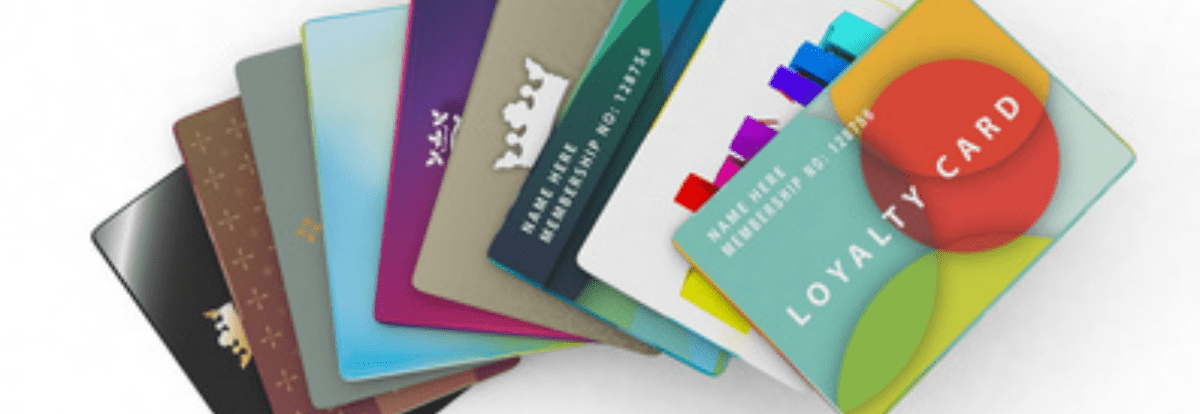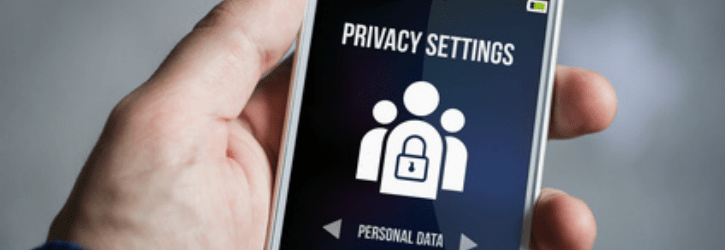
Welcome To The Data Leak Lawyers Blog
We focus on the latest news surrounding data breaches, leaks and hacks plus daily internet security articles.

We focus on the latest news surrounding data breaches, leaks and hacks plus daily internet security articles.

In September, a study by Finder reportedly found that online shopping scams had increased by over a third in the first half of 2020.
The national lockdowns resulting from the Covid-19 pandemic have frequently been singled out as the reason for this notable rise in cases, which comes as no surprise. As such, it is also unsurprising that further waves of online shopping scams may continue as we enter the second month of the latest national lockdown in England.
Indeed, the figures in the Finder report suggested that online shopping and auction scams accounted for around two-thirds of fraud reported by consumers in 2020. Clearly, the threat of online shopping scams cannot be underestimated.

The HaveIBeenPwned platform watches for breaches and can be used to check email addresses to see if an account linked to that email has been compromised in a data breach.
Over the last few months, HaveIBeenPwned has reported huge numbers of data breaches involving millions of records. This can highlight just how frequently these serious breaches are taking place, which is bad for us all.
Data breaches are becoming an increasing threat in society, particularly with the way 2020 evolved with a huge increase in people working from home due to the coronavirus pandemic. Your Lawyers (T/a The Data Leak Lawyers) are experts in the field of data breach law as a leading firm of compensation experts, and we are always keen to help victims of data breaches and fight for the justice that they deserve. We have helped thousands of victims claim millions in damages, and we may be able to help you too.

2020 has been yet another year of data breaches, resulting in our leading team of lawyers here taking on many new cases and launching several new actions.
We had hoped that the introduction of the GDPR in 2018 would lead to serious improvements and that we would see far fewer breaches, leaks and hacks. Sadly, this has not been the case and, if anything, the volume of breaches continues to grow.
What has not helped us in 2020 is, of course, the ongoing coronavirus pandemic. The increased reliance on the use of technology to be able to work and live has resulted in an increase in cyberattacks, and hackers have done their best to exploit the situation. When it comes to 2021, we expect the current trends to continue.

Suffering the impact of a data breach at Christmas is something we are used to helping people with on a No Win, No Fee basis.
This is the time of year when data breach numbers can increase as more people go online to spend in time for the big day. With the ongoing COVID-19 pandemic, more of our shopping is now online anyway, and the dangers of breaches, leaks and hacks are evident.
If you suffer from a data breach, you should never suffer in silence. Here is how we can help you.

This October marks the 8th year of the European Cybersecurity Month (ECSM), and it is an important thing to mark as a leading firm of data breach compensation lawyers.
Starting in 2012, the event brings together parties across Europe to unite against cyber threats and dangers. It is important to know how to protect yourself online against cyber criminals and hackers, and it is also important to know where to turn to in the event that you have been the victim of a breach.

As growing numbers of cyberattacks plague the UK and the rest of the world, more and more people are suffering due to passwords found on the dark web.
The dark web consists of areas of the world wide web that are usually accessible with the use of specific software or authorisations. It is where hackers can sell information that has been hacked, and where criminals can go to find information to exploit.
If one or more of your passwords has been found to have been breached, what can you do about it?

We can represent victims of cloud technology data breaches, with eligible clients being able to benefit from our No Win, No Fee legal representation.
As the world continues to become more and more digitalised and cloud-based, we expect more breaches of this nature to happen. One small security flaw could do substantial damage and lead to the information for thousands or millions being compromised, which is why this is an important matter to address.
As a leading firm of data breach compensation experts, our job is to make sure that the victims of data breaches have a voice for justice, and that organisations are held to account.

We can represent victims for stolen data breach compensation claims, and you could be eligible to benefit from our No Win, No Fee representation.
We can give you an insight into whether you could be eligible to claim compensation if this has happened to you. We can also briefly advise about what you can claim for, and how we approach the damages you could be entitled to receive.
Our experienced team is here and ready to provide you with free and no-obligation advice – please don’t hesitate to contact us today.

Stolen healthcare data breach compensation claims can be severe for the victims, and they can be worryingly common because of the nature of the information involved.
A huge proportion of the thousands of individual victims we represent are for medical data breach compensation cases. The risks of these kinds of events happening are real, but victims to have rights. As a leading firm of data breach compensation lawyers, we may be able to represent you for a No Win, No Fee legal case if your information has been misused or exposed.
Read on for more information.

Coronavirus contact tracing data breaches and general security issues are at the forefront of our minds right now. As a leading firm of data breach lawyers, we are concerned.
There are still a lot of questions over the use of the system that has already faced a great deal of controversy so far. As the UK tries to reduce the risk of coronavirus, how does contact tracing work and is my data safe? Is there any reason to be particularly concerned about how information will be used and stored with the system? Given how personal and sensitive medical data is, how real are the risks?
Unfortunately, recent media reports suggest that information misuse is already an issue. Given how common medical data breach compensation claims are, we are not surprised.
EasyJet admits data of nine million hacked
British Airways data breach: How to claim up to £6,000 compensation
Are you owed £5,000 for the Virgin Media data breach?
Virgin Media faces £4.5 BILLION in compensation payouts
BA customers given final deadline to claim compensation for data breach
Shoppers slam Morrisons after loyalty points stolen
Half a million customers can sue BA over huge data breach
Lawyers accuse BA of 'swerving responsibility' for data breach
The biggest data breaches of 2020
Fill out our quick call back form below and we'll contact you when you're ready to talk to us.